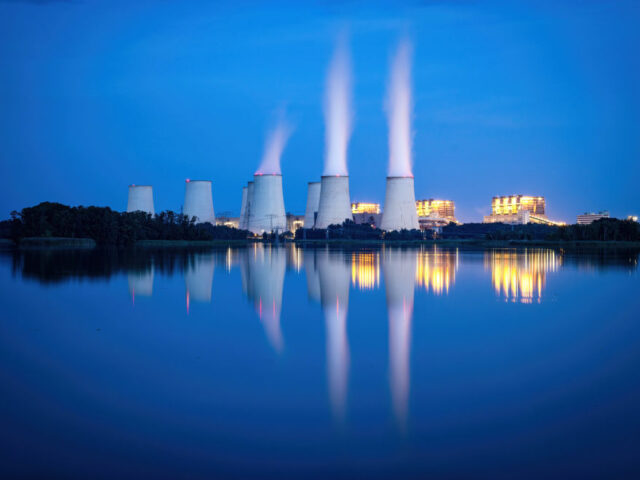Germany has been racing to decommission the traditional backbone of its national power system including coal and nuclear, but now the coalition government’s finance minister points out the arbitrary 2030 coal-free date may be a mistake.
German finance minister Christian Lindner has questioned the wisdom of rushing towards a coal-free future when there’s no reliable source of energy to replace it, voicing concerns that at a time of record-high energy bills further constraining supply by forcing plants to shut down probably won’t help the market. Germany had agreed in 2022 to phase out coal power by 2030, ahead of the earlier 2038 date previously agreed.
Speaking to the west-German daily newspaper the Kölner Stadt-Anzeiger Lindner was asked about his opposition to the discussed support plan to help German industry including subsidised electricity to make them more competitive on the global market. Expressing his concerns, the liberal politician said the problem with a subsidy is that taxpayers ultimately pay the price either way, through their bill or through a levy and the best answer is to make electricity cheaper through greater supply.
Going further and touching on the issue of constraining supply by pressing for green goals, he said: “Put simply, energy is expensive when it is scarce. That’s why now is not the time to shut down power plants. Until it is clear that energy is available and affordable, we should end dreams of phasing out coal-fired power in 2030. This date has no effect on the climate anyway, as the CO2 emissions saved in Germany are allowed to be generated additionally in Poland, for example, due to European rules.”
Lindner said Germany should be trying to generate more renewable energy, and also said burning more natural gas was part of the solution, but nevertheless “physical scarcity cannot be solved with money”. He blamed the closure of coal plants presently underway, as well as the loss of Germany’s nuclear plants on the previous government of Angela Merkel, even though the final nuclear plants closed this year under the leadership of the present government he serves in.
Apparently hand-waving criticism of that decision away as something done and not worthy of further discussion, Lindner said there was no use crying over spilt milk.
Lindner’s remarks follow those by his party colleague Bijan Djir-Sarai, who called the closure of the final nuclear plants earlier this year a “strategic mistake”, saying the generators were still useful to the country. They had been due to shut down forever in 2022, but their lifetime was extended after Russia invaded Ukraine.
While Lindner hinted their lifespan could have been extended again, Gemrany’s Chancellor Olaf Scholz slapped down his coalition partners in September, saying atomic energy was a “dead horse” in Germany and would not be saved. Shutting down Gemrany’s nuclear plant was a major demand, ironically enough, of the Green party which is a major coalition partner propping up the German government.

COMMENTS
Please let us know if you're having issues with commenting.